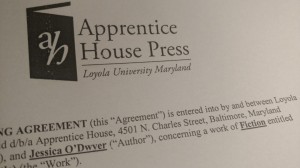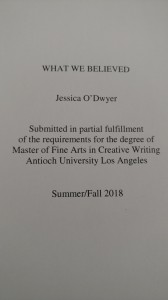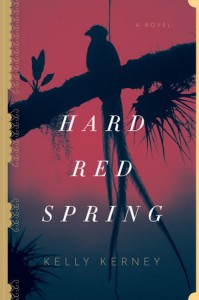Seven years is a long time to dedicate to writing a novel. But when you’re as obsessed with a subject as I am–Guatemala, adoption, the complexity of family–seven years passes like a blur. You put down words on a page, and then more words. Words become phrases, sentences, paragraphs. Until one day, seven years and a million rewrites later, you have a book.
Which, in my case, will be published by Apprentice House Press of Loyola University Maryland, in October 2020.
Yes, my debut novel has found a home! The title is Mother Mother. Here’s a short description:
A California woman searches for her son’s Guatemalan birth mother and discovers his adoption was based on a lie. In this tale told from two perspectives, both mothers grapple with power and race, deception and love as they reckon with their life choices.
I’m still can’t believe this is happening. After so many years!
If you’re reading this, thank you. It’s been a long road. xo




 ShareThis
ShareThis
